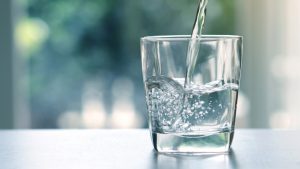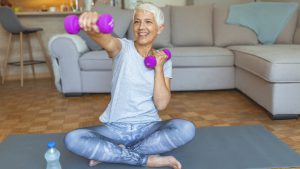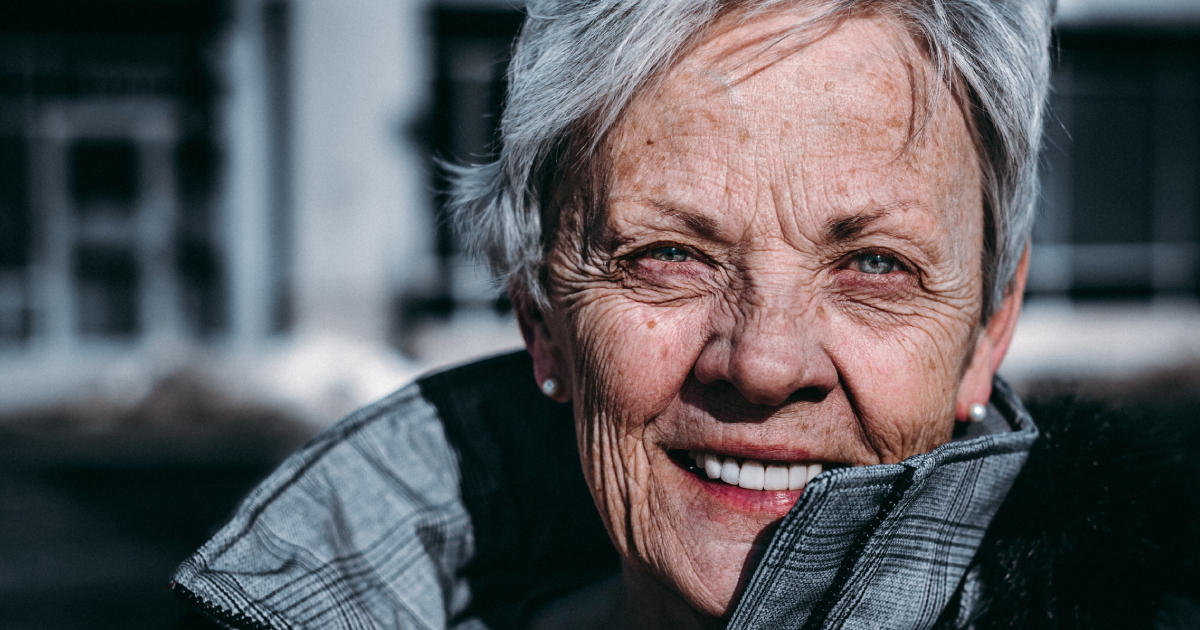Public Health England announced on 16 March 2020 new guidance on social distancing for older people and vulnerable adults. This includes groups who are;
- 70 years or older (regardless of medical conditions)
- Under 70 with an underlying health condition (including but not limited to chronic respiratory diseases, heart disease, chronic kidney disease, liver disease, diabetes, pregnancy and being seriously overweight (BMI>40)).
The people outlined in the above groups should:
- Avoid contact with anyone who is displaying symptoms (high temperature, new/continuous cough)
- Avoid non-essential use of public transport
- Work from home where possible
- Avoid gatherings in small public places such as bars, cinemas and theatres
- Avoid gatherings with friends and family
- Avoid face-to-face interaction with friends and family if possible
- If you feel you have symptoms of Coronavirus do not attend your GP or hospital, instead call 111.
Assistance during social distancing
Firstly, it is important not to panic. These are unprecedented steps that have been taken but these are measures to protect your safety. Ask your friends, family and neighbours to support you if you need it. You can also contact your GP if you are concerned.
Medications
Check that you have enough of your usual medication, including diabetes medications and insulin – contact your GP or pharmacists if you are concerned. Stockpiling of medications is not recommended.
Hydration
It is important to stay hydrated by drinking water, milk or unsweetened drinks, throughout the day.
Movement
It is important for mental and physical health to keep moving every day. You may have limited or confined space, but make an effort to get up and move about every hour or so.

Diet
It is important to ensure you are still following any dietary recommendations that your doctor or dietitian may have advised to you. Stockpiling food is not recommended.
It is important that people in at-risk groups ensure they are eating a healthy and nourishing diet so that they can be as well as possible should they need to fight an infection. Don’t fall into the trap of relying on quick, easy and convenient foods that are not as nourishing.
If you have support with shopping, try including tinned foods such as beans (reduced sugar), pulses, and lentils. Frozen fruit and vegetables are also a great option, as well as tinned vegetable or fruit (without sugar) if you do not have access to a freezer.
You may be aware of foods like milk powder which can be used in tea or coffee or longer life milks which may be useful if you cannot get to the shop as frequently as you would like.
In some cases, people may need to rely on ready meals. While they tend to contain more additives, salt, sugar and preservatives, this may be the only option for some people. If this is the case, we recommend going for ‘balanced’ or ‘lighter’ options, which tend to be lower in carbs and sugar. Many brands now do a lower carb or higher protein options.
The bottom line – not all food needs to be fresh and home cooked, especially if you are unwell. If you feel well and have time, batch cooking and trying new recipes can be enjoyable and help to pass some time.
Social distancing for people with diabetes
If you have diabetes, some extra caution should be taken if you have a sickness or are fighting an infection. Call 111 if you feel you cannot manage your symptoms at home.
- Check your blood glucose more regularly – if it is unusually high or low you should contact your diabetes team
- If you take insulin, follow your sick day rules – contact your diabetes nurse or GP if you are unsure of this
- Continue to take medications and eat and drink as normal unless you have been advised otherwise
- Contact your diabetes team regarding your medication if you have a significantly reduced appetite



